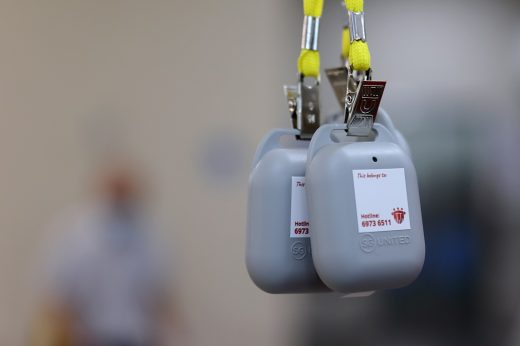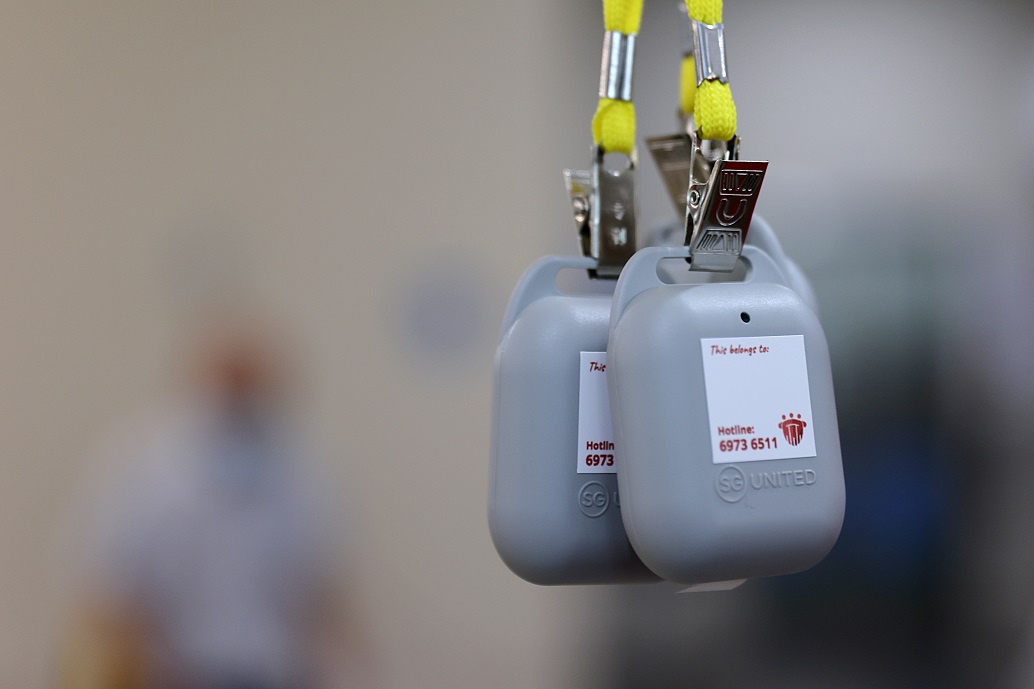Singapore police can access data from the country’s contract tracing app
With a nearly 80 percent uptake among the country’s population, Singapore’s TraceTogether app is one of the best examples of what a successful centralized contact tracing effort can look like as countries across the world struggle to contain the coronavirus pandemic. To date, more than 4.2 million people in Singapore have download the app or obtained the wearable the government has offered to people.
In contrast to Apple’s and Google’s Exposure Notifications System — which powers the majority of COVID-19 apps out there, including ones put out by states and countries like California and Germany — Singapore’s TraceTogether app and wearable uses the country’s own internally developed BlueTrace protocol. The protocol relies on a centralized reporting structure wherein a user’s entire contact log is uploaded to a server administered by a government health authority. Outside of Singapore, only Australia has so far adopted the protocol.
In an update the government made to the platform’s privacy policy on Monday, it added a paragraph about how police can use data collected through the platform. “TraceTogether data may be used in circumstances where citizen safety and security is or has been affected,” the new paragraph states. “Authorized Police officers may invoke Criminal Procedure Code (CPC) powers to request users to upload their TraceTogether data for criminal investigations.”
Previous versions of the privacy policy made no mention of the fact police could access any data collected by the app; in fact, the website used to say, “data will only be used for COVID-19 contact tracing.” The government added the paragraph after Singapore’s opposition party asked the Minister of State for Home Affairs if police could use the data for criminal investigations. “We do not preclude the use of TraceTogether data in circumstances where citizens’ safety and security is or has been affected, and this applies to all other data as well,” said Minister Desmond Tan.
What’s happening in Singapore is an example of the exact type of potential privacy nightmare that experts warned might happen with centralized digital contact tracing efforts. Worse, a loss of trust in the privacy of data could push people further away from contact tracing efforts altogether, putting everyone at more risk.
(20)




